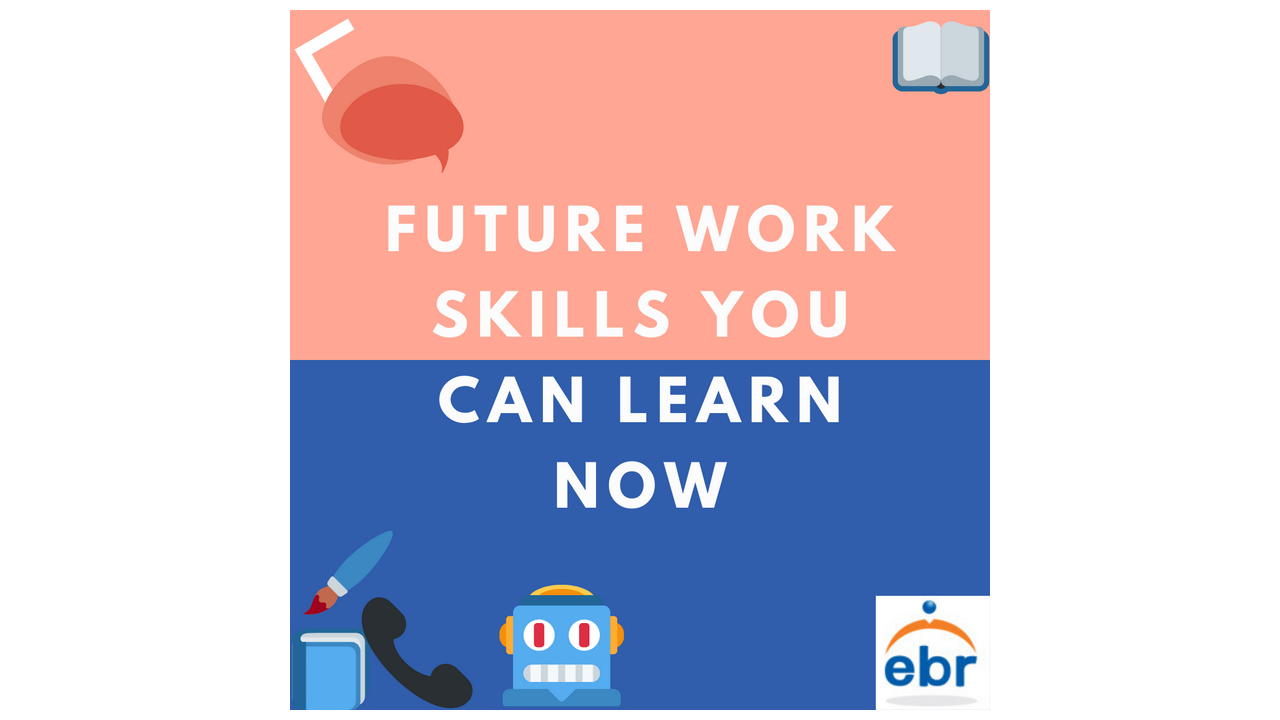Future work skills that you can learn now
With the increasing number of graduates every year, compounded with the increasing threat of automation, the skills required to attain a job is continually changing. However, there are some key skills that are guaranteed to give you a higher chance of success than others.
Coding: One of the most important yet undertaught skills right now is coding. Primary and high schools have just started to implement coding programs and courses into their school curriculum, however the world of data and automation have already started, this therefore leaves the workforce with an underwhelming number of coders yet an overwhelming number of jobs that require coding. Thus, it is necessary to consider learning how to code, as it will be highly valued amongst a myriad of jobs.
Creativity: While it is considered necessary to learn how to use technology in order to control the future automation of jobs, it is also necessary to look in the opposite direction and ask ourselves what skills can human bring but not robots? One of the most prominent answers is creativity. Creativity is important because it enables companies to evolve, to create new ideas and push innovation further. Therefore, creativity is not just limited to fine arts, and is often an underrated skill amongst the frenzy over data and coding in today’s society.
Emotional Intelligence: While empathy is often considered more so as an emotion than as a skill, it is prized to have great soft skills that showcases empathy. This is one key skill that humans can bring but not robots. Remember the number of times that you hear people complain about not wanting to talk to robots over the phone, but actual humans? That’s because jobs that require human interaction, such as customer service roles or therapists, all require human compassion and empathy. Thus, practicing empathy, and showing empathy better, is a key requirement to getting into the workforce.
Critical thinking: Critical thinking is needed in a workforce that is currently undergoing the fourth Industrial Revolution with the increasing importance of automation and AI. While automation can bring efficiency, critical thinking ensures that human judgement still makes the final decision. For example, in 2018 Amazon failed to create a secret AI resume checker that was fair. The program they created was biased against females and penalized keywords related to women such as “women’s” and “women’s chess club captain”, and it also ranked resumes with all-female colleges lower. Thus, critical thinking is clearly needed to control automation judgement and ensure that all decisions are fair and up to standard.



